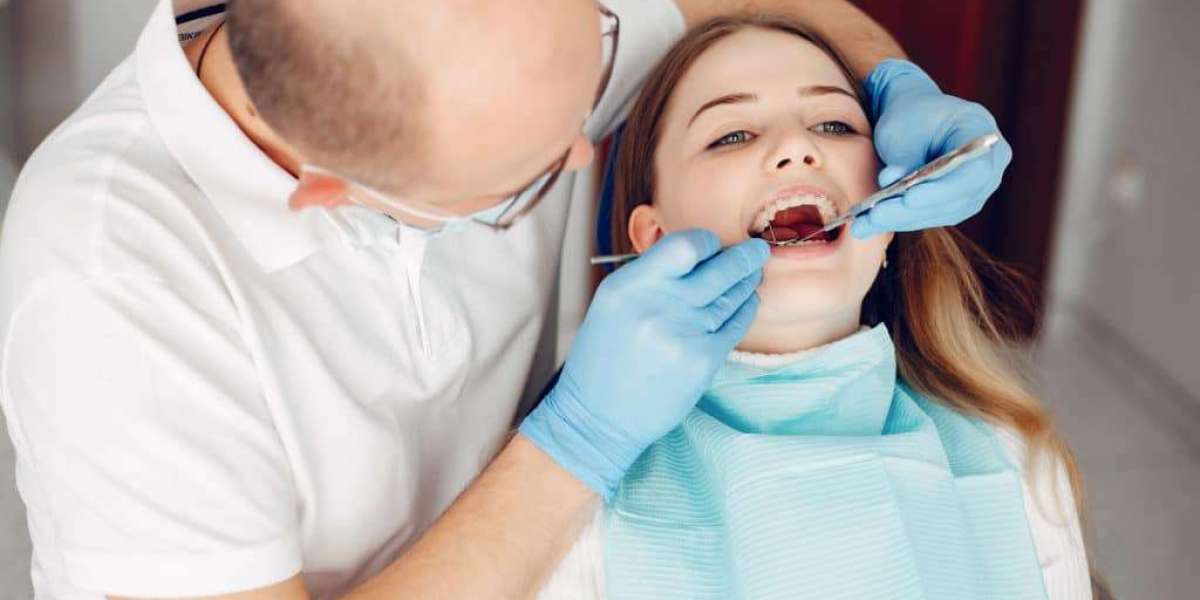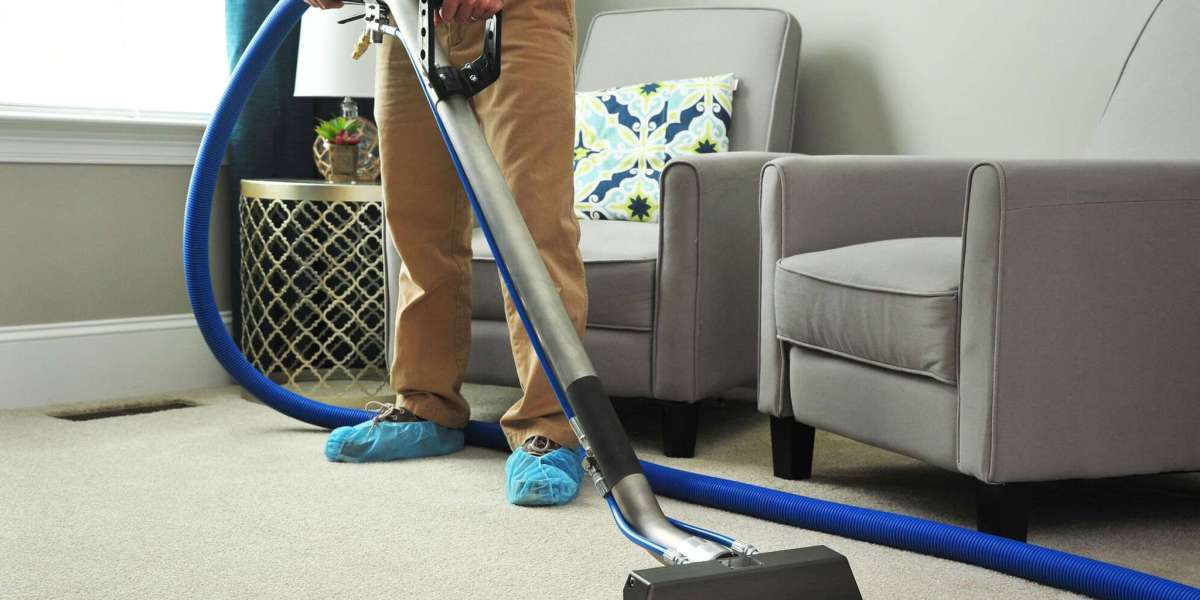Temporomandibular joint (TMJ) disorders can significantly affect the quality of life by causing pain, restricted jaw movement, and chronic discomfort. For many patients, these issues arise due to bite misalignment, worn teeth, or damaged dental structures, which can all be addressed through Full Mouth Rehabilitation in Dubai. This comprehensive dental approach restores proper jaw alignment, improves function, and alleviates TMJ symptoms by reconstructing the entire oral framework with precision and care.
Understanding TMJ Disorders and Their Impact on Oral Health:
TMJ disorders refer to a group of conditions affecting the temporomandibular joint and surrounding muscles that control jaw movement. Symptoms often include jaw pain, headaches, clicking or popping sounds, and difficulty chewing.
Common TMJ symptoms are:
Jaw stiffness and limited range of motion
Chronic facial pain and headaches
Clicking, popping, or grinding noises in the jaw
Difficulty biting or chewing
Ear pain or ringing (tinnitus) related to joint dysfunction
Early diagnosis is crucial to prevent worsening symptoms and permanent damage to the jaw and teeth.
How Full Mouth Rehabilitation Addresses TMJ Disorders:
Full mouth rehabilitation treats TMJ disorders by correcting underlying dental issues that contribute to joint stress and dysfunction. This involves rebuilding teeth, adjusting the bite, and restoring proper jaw alignment.
Key treatment goals include:
Balancing occlusion to reduce uneven forces on the jaw joint
Reconstructing worn or damaged teeth to restore proper bite height
Using crowns, bridges, and implants to create stable dental support
Relieving muscle tension through bite adjustments
Integrating therapeutic appliances when necessary for added joint protection
This holistic approach provides lasting relief by restoring harmony between the teeth, muscles, and jaw joints.
The Role of Occlusion in TMJ-Related Full Mouth Rehabilitation:
Occlusion, or how the upper and lower teeth come together, plays a pivotal role in TMJ disorders and their treatment. A misaligned bite can strain the jaw joint and surrounding muscles, worsening symptoms.
Occlusal considerations in rehabilitation include:
Identifying premature contacts or interferences causing joint stress
Adjusting bite relationships to ensure even force distribution
Creating a stable occlusal scheme that supports joint health
Using digital bite analysis for precise occlusion mapping
Avoiding excessive tooth reduction to preserve natural structures
Proper occlusion is foundational to achieving functional harmony and alleviating TMJ discomfort.
Biomaterials and Techniques Used in Full Mouth Rehabilitation for TMJ:
Successful full mouth rehabilitation for TMJ disorders depends on selecting appropriate biomaterials and utilizing advanced dental technologies to rebuild and protect the oral structures.
Common materials and methods include:
Durable ceramics like zirconia for crowns and bridges that withstand bite forces
Composite resins for minimally invasive restorations
Titanium dental implants to replace missing teeth and maintain jaw support
CAD/CAM technology for precise digital planning and fabrication
Splints or night guards to protect rehabilitated teeth and joints during healing
These materials ensure the durability and comfort necessary for functional rehabilitation.
Patient Care and Post-Treatment Maintenance:
Maintaining the benefits of full mouth rehabilitation for TMJ disorders requires patient cooperation and ongoing care to preserve function and prevent relapse.
Recommended patient care practices:
Wearing custom night guards as prescribed to minimize grinding and clenching
Practicing good oral hygiene to prevent decay and gum disease
Scheduling regular dental visits for occlusal monitoring and adjustments
Managing stress and avoiding habits like jaw clenching or chewing hard objects
Following dentist recommendations for physical therapy or muscle exercises if needed
Consistent care helps patients enjoy long-term relief and improved quality of life.
Why Choose Full Mouth Rehabilitation in Dubai for TMJ Treatment:
Dubai’s dental clinics offer advanced resources and expertise for complex TMJ cases requiring full mouth rehabilitation. Patients benefit from personalized care, innovative technology, and a multidisciplinary approach.
Advantages of seeking treatment in Dubai:
Access to experienced prosthodontists, orthodontists, and TMJ specialists
Use of state-of-the-art diagnostic tools including 3D imaging and digital bite analysis
Custom treatment plans designed to address unique patient needs
Integration of cosmetic and functional dentistry for optimal results
High standards of patient comfort and post-treatment support
Choosing Full Mouth Rehabilitation in Dubai ensures you receive expert care with modern techniques for effective TMJ management.
Final Thoughts:
TMJ disorders can cause debilitating pain and functional challenges, but full mouth rehabilitation offers a comprehensive solution to restore balance and oral health. By addressing bite issues, rebuilding damaged teeth, and improving jaw alignment, this treatment reduces joint stress and alleviates symptoms. For patients seeking reliable and advanced care, Full Mouth Rehabilitation in Dubai combines expertise, technology, and personalized treatment to bring lasting relief and renewed confidence.



